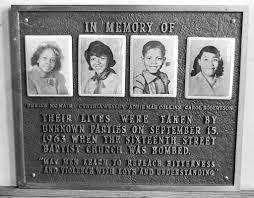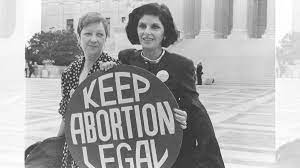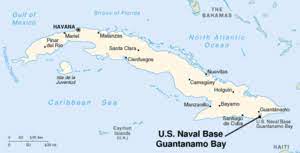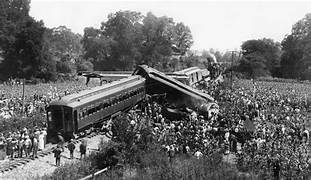On September 15, 1963, a tragic and despicable act of racial violence occurred in Birmingham, Alabama, when four young black girls were murdered in a bombing orchestrated by the Ku Klux Klan. This horrific event, known as the 16th Street Baptist Church bombing, served as a grim reminder of the deep-seated racism and hatred that persisted in the United States during the Civil Rights Movement.
The 16th Street Baptist Church was a prominent gathering place for African Americans in Birmingham and a hub for civil rights activities. On that fateful Sunday morning, as the congregation prepared for worship, a bomb planted by members of the Ku Klux Klan exploded in the church's basement. The blast tore through the building, collapsing walls and causing chaos and devastation.
The victims of the bombing were Addie Mae Collins, Cynthia Wesley, Carole Robertson, and Carol Denise McNair, all young girls between the ages of 11 and 14. The loss of these innocent lives was a heart-wrenching tragedy that sent shockwaves throughout the nation and galvanized the civil rights movement.
The bombing of the 16th Street Baptist Church was not an isolated incident but rather a reflection of the deep-rooted racism and resistance to desegregation efforts in the South. Birmingham, in particular, was a hotbed of racial tension, earning the nickname "Bombingham" due to the numerous bombings targeting black homes, churches, and civil rights activists.
The murder of the four young girls drew widespread condemnation and outrage, both nationally and internationally. It served as a turning point in the fight for civil rights, as it exposed the brutality and violence faced by African Americans who dared to challenge the status quo.
The tragic event also highlighted the bravery and resilience of the civil rights movement. Rather than succumbing to fear and despair, the community of Birmingham and the nation as a whole rallied together in the face of tragedy. The deaths of the four girls became a rallying cry for justice and galvanized the fight against racial discrimination.
The FBI launched an investigation into the bombing, but it was not until many years later that the perpetrators were brought to justice. In 1977, one of the individuals responsible for the bombing was convicted, and in the subsequent years, others involved were also held accountable for their roles.
The 16th Street Baptist Church bombing left an indelible mark on American history. It served as a stark reminder of the sacrifices made in the pursuit of equality and justice. The tragic loss of four innocent lives further fueled the determination and resolve of civil rights activists, leading to significant legislative changes, such as the Civil Rights Act of 1964 and the Voting Rights Act of 1965.
Today, the memory of the four young girls and the tragedy they endured continues to serve as a reminder of the ongoing struggle for racial equality and social justice. The 16th Street Baptist Church stands as a symbol of resilience and a testament to the strength of the human spirit.
The 16th Street Baptist Church bombing was a horrific act of racial violence that shook the nation to its core. The lives of Addie Mae Collins, Cynthia Wesley, Carole Robertson, and Carol Denise McNair were tragically cut short, but their legacy lives on as a reminder of the need to fight against racism and discrimination in all its forms.






